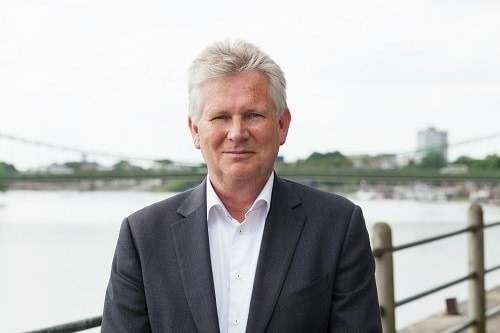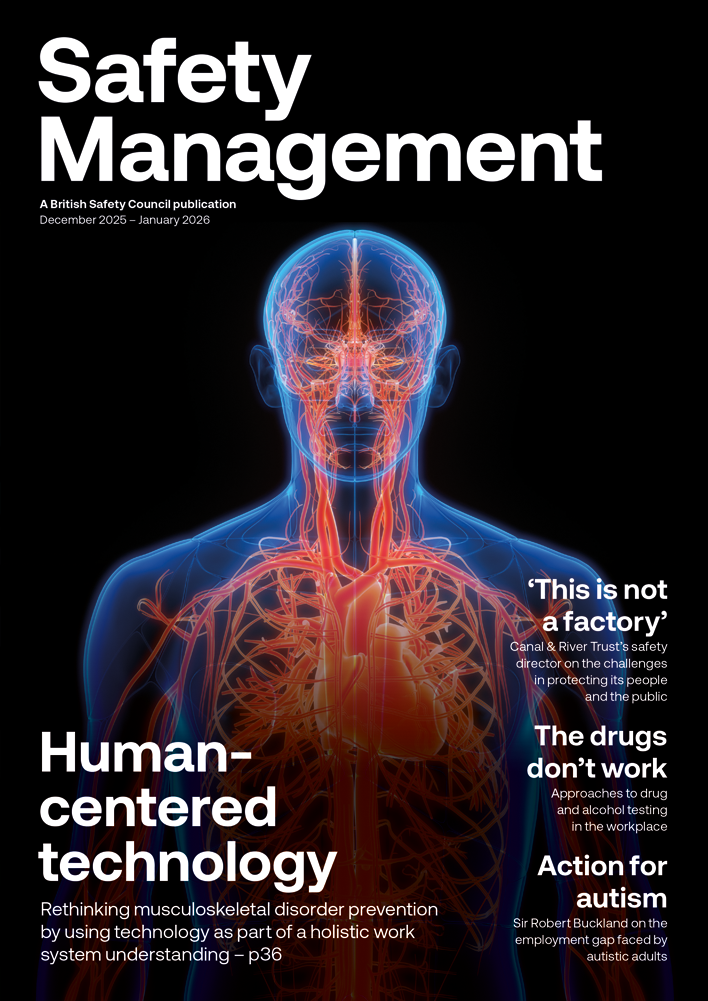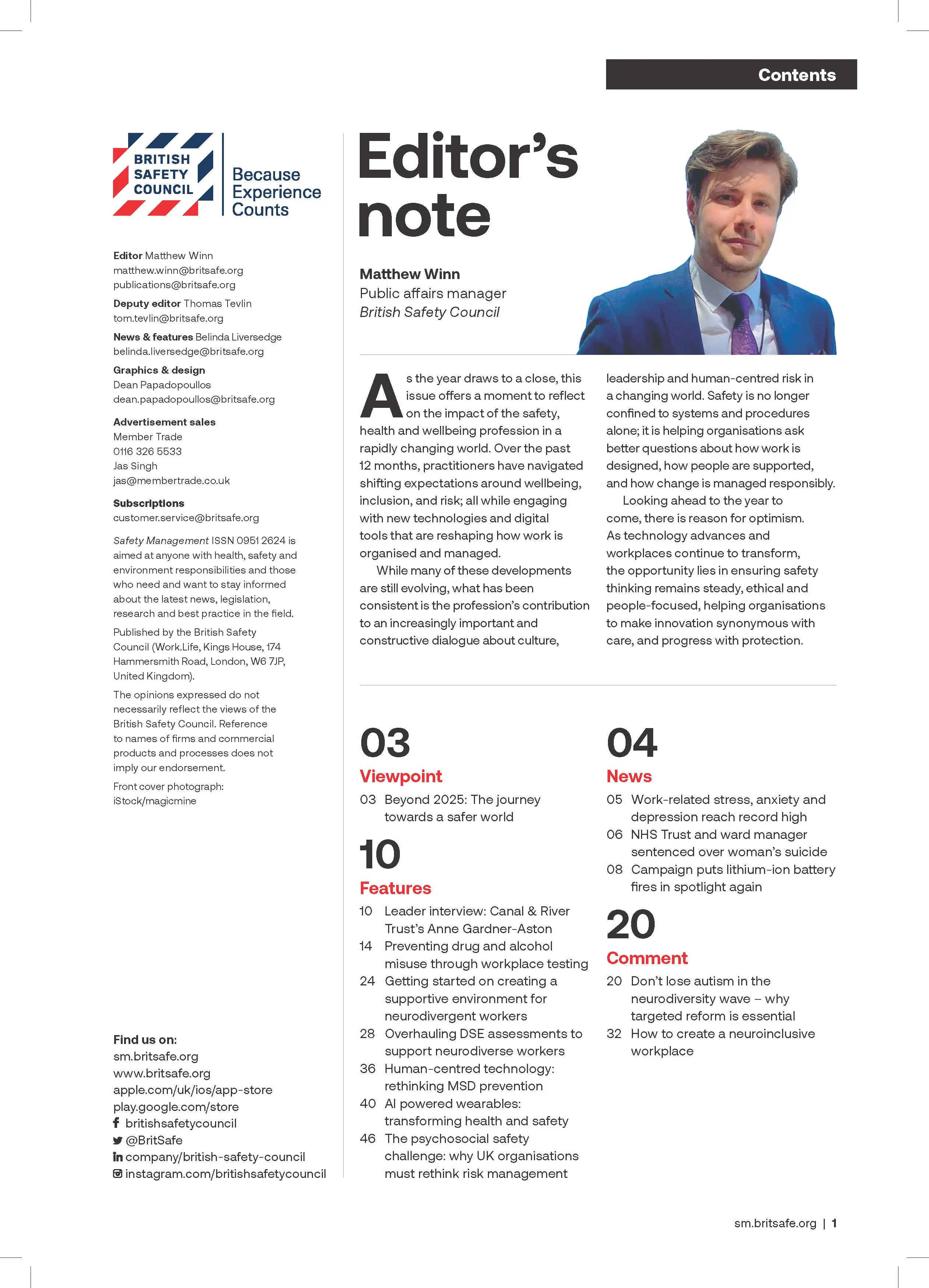Safety is in the news again and, unfortunately, not always for the right reasons.
Opinion
Safety is not a political football – so please don’t kick it!
We probably all suffered in some way because of the rail strikes, which brought the country to a standstill in June and were the biggest for over 30 years.
But too many times, ‘safety’ has been used by people on all sides of this dispute as a political football to be kicked about during foghorn diplomacy.
Without going into the specifics on the issues being discussed here, I am all too aware that in many workplaces, questions of people’s health and safety – which should be approached calmly and with a level head – can generate heat and light when disagreements arise between a workforce and their senior leaders.
 Mike Robinson: "Too often, safety is an excuse for falling out, when many other factors are clearly at play."
Mike Robinson: "Too often, safety is an excuse for falling out, when many other factors are clearly at play."
Sometimes there are real safety questions which should be addressed objectively and with common sense. Too often, safety is an excuse for falling out, when many other factors are clearly at play.
On the railways, there is a genuine debate to be had about whether all their working practices are fit for the 21st century. But there is also a discussion that should be taking place about the physical, mental and emotional state of the workforce following two years of a pandemic, where many people’s jobs and livelihoods were put at risk, and trust was damaged as a result.
It is a similar story in aviation, hospitality, retail and of course public services like hospitals and schools. We have a workforce being asked to get back to normal running when staff numbers have not returned to pre-pandemic levels, absences are high due to Covid and pay is lagging well behind inflation.
The rail dispute has clearly shifted from a simple industrial dispute into the realm of high politics, but I think there is also something deeper going on.
A TfL train driver on the Victoria line said about the rail strikes: “During the pandemic we had a lot of staff with Covid, a lot of staff with long Covid, we’ve had colleagues pass away. Yet we still ran a full service as best we could. I think a lot of the staff have just about had enough.”
An engineering apprentice at Network Rail in Yorkshire said: “I think this isn’t only about rail, most workers in this country are already doing enough and shouldn’t be struggling to get by. In my view this strike is an opportunity for these issues to become a broader talking point about fairness, and about an economy that works for the people.”
A maintenance worker in the South West of England commented: “Working nights and weekends and what that does to your body – is that actually worth it for not much more than an Amazon driver makes, working Monday to Friday?”
Each industry needs to judge its pay levels. But as a society, we also need to decide what value we place on different roles people do and whether we can truly expect them to stay motivated, committed and engaged when they are worrying about whether they can keep financially afloat.
After all, what we are talking about here is people’s wellbeing, specifically their financial wellbeing, and whether the work they do is beneficial to their wellbeing, or whether it leaves them more stressed, anxious and does not pay enough even to meet basic needs.
There is a virtuous circle that all workplaces should be aiming for – where people’s safety, health and wellbeing are thought about in an integrated way. Good employers know this, great ones do it.
But until we all take a more holistic view about health, safety and wellbeing and the impact that each has on the other, we will end up back at the negotiating table again and again.
Mike Robinson FCA is Chief executive of the British Safety Council
OPINION

Alcohol – the negative impact on work and workplaces
By Dr Jamie O’Halloran, IPPR on 02 January 2026
New IPPR research shows that most employees expect their employer to play an active role in reducing alcohol harm. Senior staff, in particular, believe employers have an even greater responsibility. Yet in practice, many employees say they do not see their employer taking meaningful steps to minimise harm.

Beyond 2025: The journey towards a safer world
By Mike Robinson FCA, British Safety Council on 22 December 2025
As 2025 draws to a close, we reflect on a year of success and safety. It also allows us to look forward to the coming year, recognising that with each new year comes the unbridled hope and opportunity to create the safest year in human history for the workers of the world.

How to create a neuroinclusive workplace
By John Robinson, Schofield Sweeney on 09 December 2025
The modern workplace is a diverse environment. Most workforces will be made up of individuals representing the majority of the groups protected under the Equality Act 2010.



